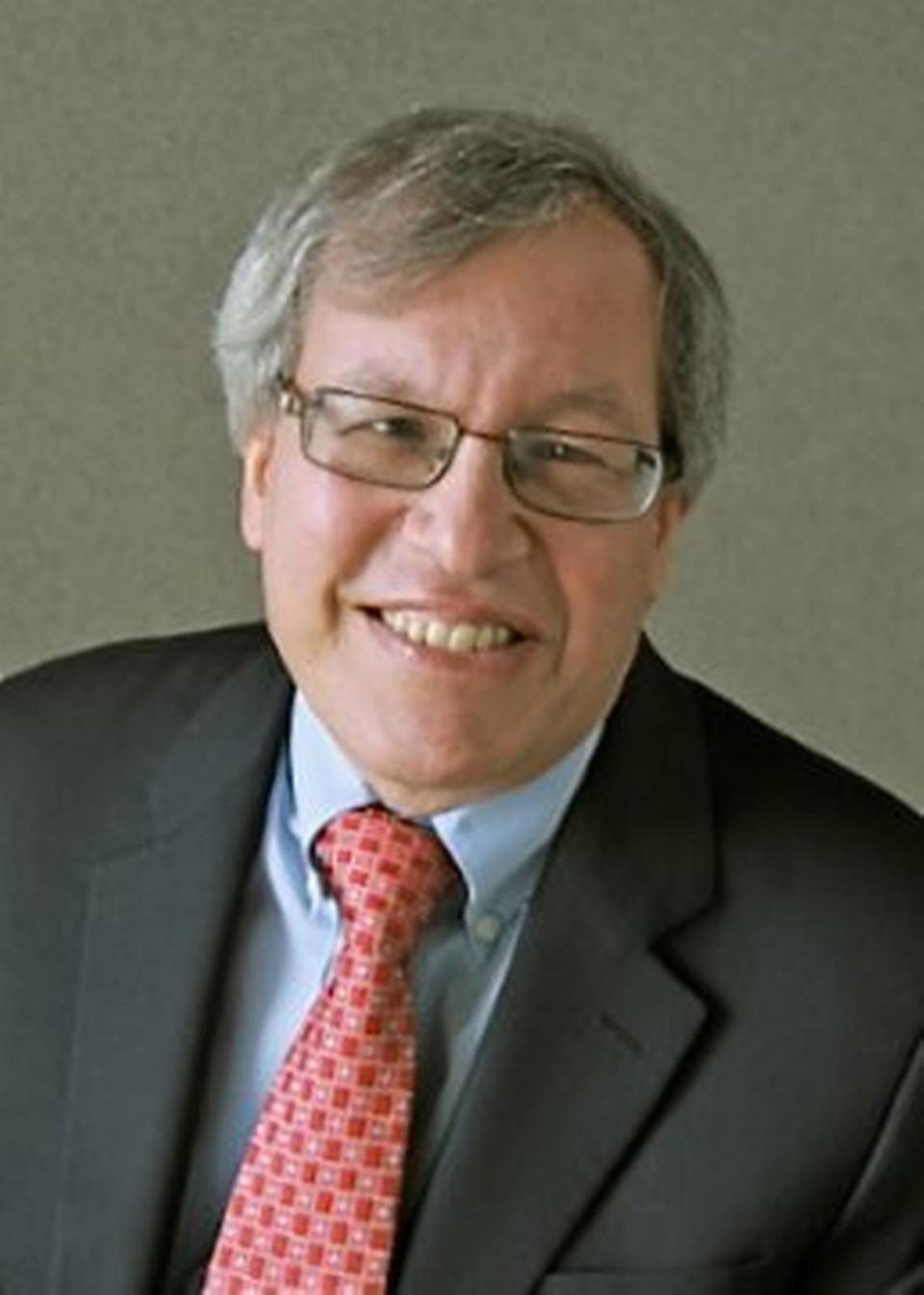Law School Dean: Thien Ho’s latest homeless lawsuit is a misguided political effort | Opinion
Once more, Sacramento District Attorney Thien Ho has filed a meritless complaint against the City of Sacramento concerning homelessness. It is highly unusual for a district attorney to bring a civil suit, and, as far as I’m aware, it is unprecedented for a district attorney to civilly sue a city. But despite an adverse ruling by Superior Court Judge Jill Talley in May, Ho filed a new complaint against the city on June 5 that is remarkably like the earlier ones.
In September of 2023, Ho sued the City of Sacramento for creating an alleged nuisance by not adequately enforcing laws against homeless. In December, he filed an amended complaint alleging that the city violated the state’s Fish and Game Code by allowing debris and trash to end up in area waterways.
Opinion
In May, the California Superior Court correctly dismissed Ho’s nuisance claims against the city as violating principles of separation of powers. California law makes the city completely immune from liability for its failure to adopt adequate policies. Government Code Section 818.2 states: “A public entity is not liable for an injury caused by adopting or failing to adopt an enactment or by failing to enforce any law.” Furthermore, Section 820.2 states: “Except as otherwise provided by statute, a public entity is not liable for an injury resulting from his act or omission where the act or omission was the result of the exercise of the discretion vested in him, whether or not such discretion be abused.”
These provisions are clear that courts cannot oversee a city’s exercise of its discretion, such as in how to deal with a serious problem like homelessness.
The Superior Court did not rule on the claim under the Fish and Game Code and allowed Ho to file an amended complaint. But the new complaint filed on June 5 is not substantially different from the earlier ones. After a lengthy description of the problem of homeless in Sacramento, it still has the same three claims, with two based on nuisance and one based on the Fish and Game Code.
The primary change in the new complaint is its discussion of the federal Americans with Disabilities Act. Ho has added allegations that unhoused individuals blocking a sidewalk obstruct its use by a person with disabilities. This is a serious concern, but it is baffling how it fits into this lawsuit. The new complaint does not sue the City of Sacramento for violating the Americans with Disabilities Act, and it is highly doubtful that Ho, as district attorney, would have standing to bring such a claim under the federal statute on behalf of those who claim their use of sidewalks is obstructed.
The new complaint makes the concerns with the Americans with Disabilities Act a part of its discussion of nuisance. But nuisance claims against the city for “failing to enforce any law” are barred by state law. Judge Talley was explicit that they are precluded by concerns of separation of powers, and adding the discussion of the Americans with Disabilities Act does not change that one iota.
The central problem with Ho’s lawsuit is that it is beyond the court’s competence to fashion a solution to the problem of the unhoused in Sacramento. The city lacks adequate shelter beds for all who need them. The city’s approximately 1,300 shelter beds are usually full, with a wait list of more than 2,500.
The new complaint asks the court to order the City of Sacramento to “maintain city sidewalks, parks, roadways and all city property to ensure it is free from obstruction and may be used in the ordinary and customary manner by residents, including residents with disabilities.” But no court is equipped to fashion a remedy and then enforce it and has no basis for sayinig that the city has acted unreasonably.
Inevitably, to give a remedy, the court would have to order the city to adopt new laws and programs. That would be a significant overstepping of the judicial role and an unconstitutional intrusion of the discretion of the city and its officials.
Ho’s new complaint, like his earlier ones, describes the problems posed by the unhoused in Sacramento in detail. But Ho offers no suggestion of a solution to the problem of homelessness. Clearing all the encampments he identifies will not end homelessness. Those without housing have to sleep someplace.
Ho’s lawsuit does nothing to help the homeless and nothing to help those who are inconvenienced by them. It seems little more than a misguided effort to use the courts to advance Ho’s political agenda.
Erwin Chemerinsky is dean and professor of law at the UC Berkeley School of Law.



